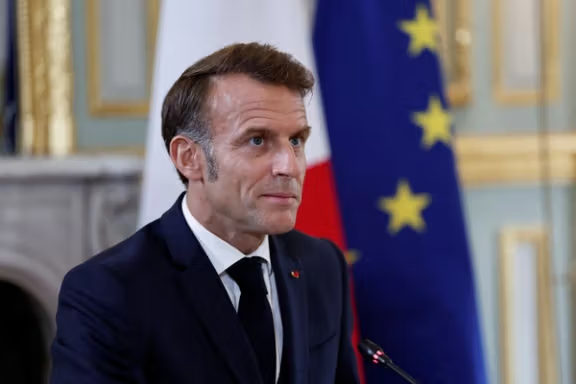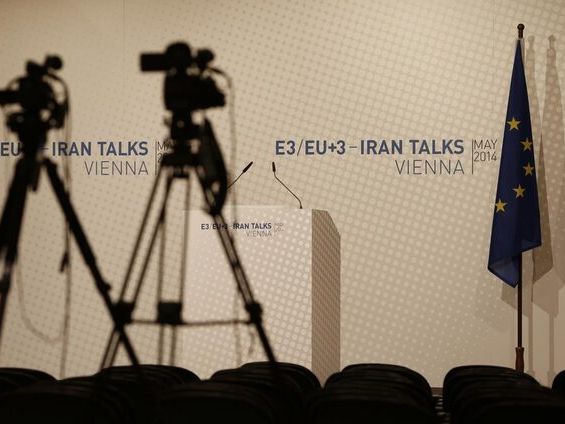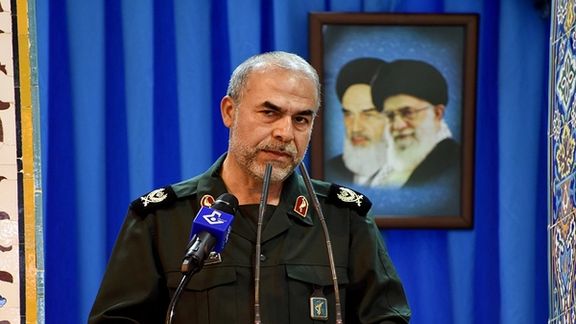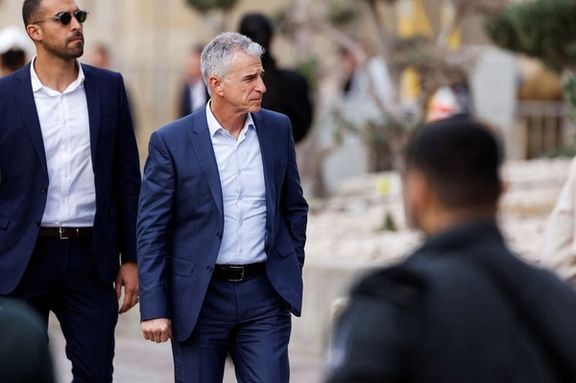Fars said the Suite Lounge café-restaurant in northern Tehran was shut down on those grounds and released a video of a police raid that did not show nudity, though women without the compulsory hijab were visible.
The Banichu café-restaurant in western Tehran, which had previously received a closure warning, was also shut down earlier this week after authorities said "six liters of homemade and foreign alcohol were discovered," and mixed-gender parties were held.
The main suspect linked to Banichu remains at large, and a judicial case is under review at the Tehran prosecutor’s office, the report added.
Possession and consumption of alcohol are illegal in Iran, carrying punishments ranging from fines and lashings to prison sentences. Despite the ban, underground networks and discreet venues continue to supply alcohol, often at high cost and under strict secrecy, according to both state and independent reports.
Separately, on Thursday, police in the western Iranian city of Doroud shut down 12 cafés and traditional teahouses for “failing to comply with trade regulations,” state broadcaster IRIB reported, adding that another nine businesses received written warnings.
In recent weeks, authorities have shuttered several cafes and restaurants across Iran, citing reasons ranging from live music and mixed-gender gatherings to customers failing to conform to Islamic dress codes.
Over the past two months, at least 20 cafes, garden restaurants, and wedding halls have been closed in Tehran, Dezful, Hamedan, Kashan and Maragh in Isfahan province over alleged hijab violations, according to a report by reformist daily Ham Mihan.
Last year, at least 536 businesses across Iran were shut down, mostly for non-commercial reasons such as enforcing mandatory hijab, operating during Ramadan, or holding events during religious mourning periods, according to US-based rights group Human Rights Activists in Iran (HRANA).
The group said the closures highlight growing intervention by judicial and security bodies in business activity, with significant impacts on individual and social freedoms.






